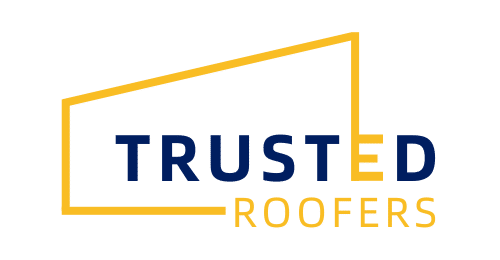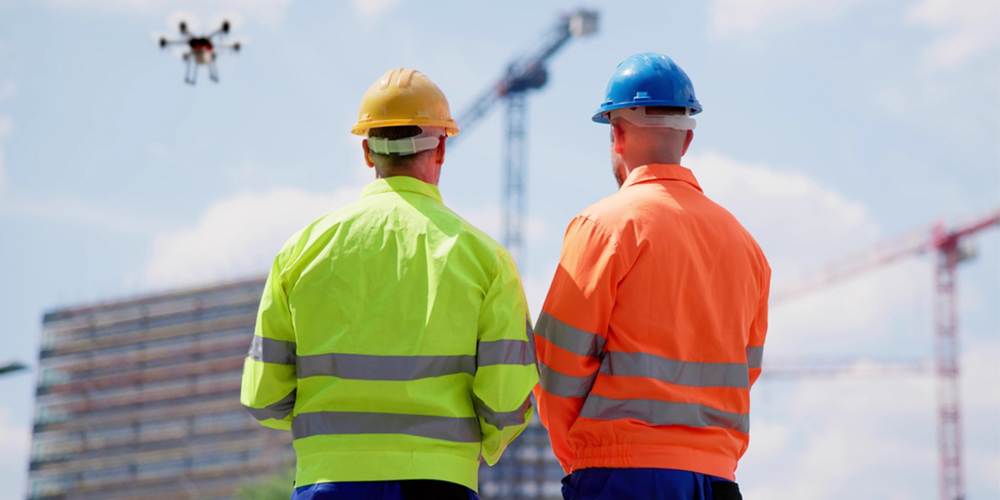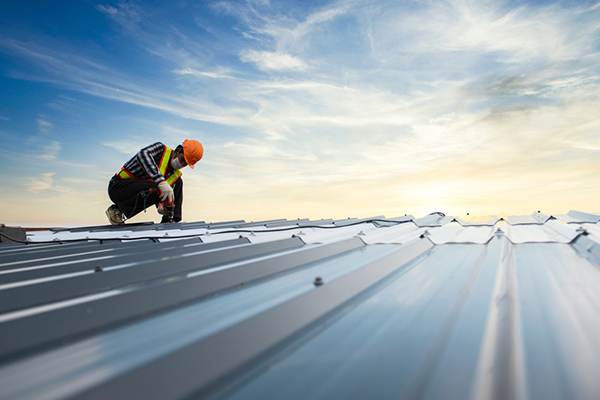Commercial roofing inspectors play a vital role in ensuring the structural integrity and longevity of commercial roofing systems. They are responsible for conducting meticulous inspections, documenting their findings, and making critical recommendations to property owners and facility managers.
Key Takeaways
- Commercial roofing inspectors ensure roof integrity and longevity through detailed inspections.
- Inspectors conduct extensive examinations, identifying wear, leaks, and other issues early on.
- Detailed documentation of findings aids owners and managers in making informed decisions.
- Inspectors recommend actions like repairs or replacements to prolong roof lifespan.
- They possess deep roofing expertise, including knowledge of various materials and codes.
- Problem-solving skills are crucial for inspectors to identify and suggest effective solutions.
- Safety is paramount; inspectors adhere to strict protocols and use safety equipment.
- Tools like thermal cameras and moisture meters help in identifying hidden roof issues.
- Drones offer efficient, comprehensive roof inspections, especially for large areas.
- Inspectors assess key roof aspects like membrane condition, flashing, and drainage.
Primary Responsibilities
A commercial roofing inspector is responsible for assessing the condition of commercial roofs to ensure they are structurally sound and free from damage or defects. Their primary responsibilities include:
Inspections
Inspectors are tasked with conducting thorough and meticulous inspections of commercial roofing systems. These inspections involve climbing onto roofs and carefully examining every aspect of the roofing structure.
They use their expertise to identify signs of wear and tear, damage, leaks, and any other issues that may compromise the roof’s integrity.
This critical examination helps in identifying problems at an early stage, preventing potential disasters down the line.
Documentation
In the course of their inspections, commercial roofing inspectors diligently document their findings. They create detailed records that include photographs and comprehensive notes. This documentation serves as a vital resource for property owners, facility managers, and roofing contractors. It provides an accurate and clear picture of the roof’s current condition, helping stakeholders make informed decisions regarding necessary repairs or maintenance.
Recommendations
Based on their thorough assessment and documentation, inspectors play a crucial role in making recommendations. These recommendations are essential for extending the lifespan of the commercial roof and preventing costly damage. They advise on the appropriate course of action, which may involve repairs, maintenance, or even complete roof replacement. By providing these recommendations, inspectors help property owners and facility managers proactively address roofing issues, ultimately saving them time and money.
Skills and Knowledge
A successful commercial roofing inspector possesses a unique combination of skills and knowledge that enable them to excel in their role. These professionals play a crucial part in ensuring the integrity and longevity of commercial roofing systems. Below are the key skills and knowledge areas that define a proficient commercial roofing inspector:
Roofing Expertise
- A deep understanding of various roofing types, including asphalt shingles, metal roofing, EPDM, TPO, and built-up roofing systems.
- Knowledge of roofing installation methods and techniques, such as single-ply membrane installation, modified bitumen application, and sloped roof construction.
- Familiarity with roofing codes, regulations, and industry standards to ensure compliance during inspections.
- Awareness of emerging roofing technologies and materials to stay up-to-date with industry advancements.
Problem Solving
- The ability to identify roofing issues quickly and accurately during inspections.
- Analytical skills to assess the severity and potential consequences of roofing problems.
- Proficiency in recommending effective solutions and repairs that align with the specific roofing system and client’s needs.
- Evaluating cost-effectiveness and long-term implications of repair versus replacement options.
Safety Awareness
- A paramount commitment to safety protocols and practices when working at heights or on potentially hazardous roofing surfaces.
- Knowledge of fall protection measures, safety equipment, and emergency response procedures.
- Ensuring that both the inspection process and any necessary repairs are carried out without compromising the safety of the inspector or others involved.
Attention To Detail
- A keen eye for spotting even the smallest roofing problems that could lead to more significant issues if left unaddressed.
- Thoroughness in examining roof components, including shingles, flashing, drainage systems, and insulation, to ensure they meet quality standards.
- Documentation of inspection findings with meticulous accuracy, including photographs, measurements, and detailed notes for reference.
Tools Used by Roofing Inspectors
To perform their job effectively, they rely on a variety of tools and equipment tailored to the unique challenges posed by large-scale commercial roofing. These tools enable them to identify and address potential issues, providing valuable insights to building owners and facility managers. Here are the essential tools used by roofing inspectors:
- Thermal Imaging Cameras: Thermal imaging cameras are invaluable tools in the arsenal of roofing inspectors. These devices utilize infrared technology to detect temperature variations on the roof’s surface. By capturing images that represent temperature differences, inspectors can identify hidden moisture or insulation problems.
Wet or damaged areas on a roof typically have different thermal signatures than dry, intact areas, making thermal imaging an effective method for pinpointing potential trouble spots.
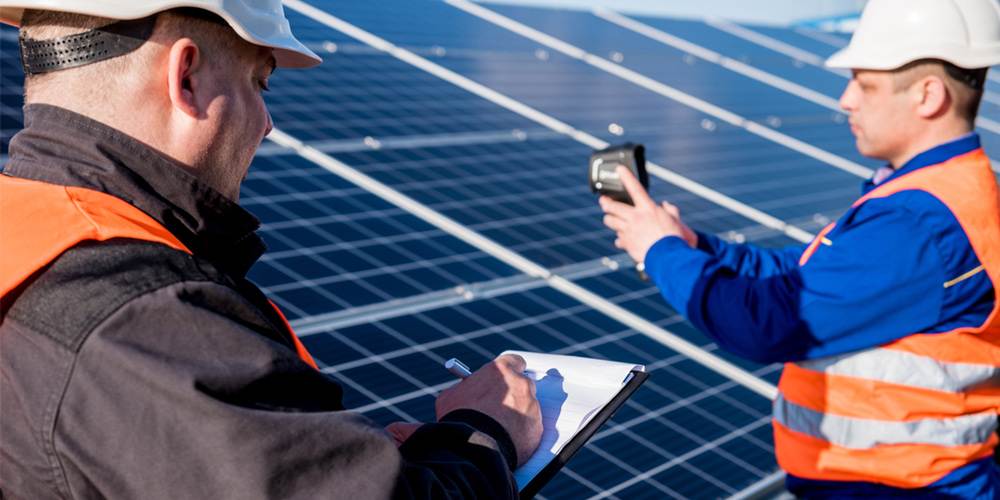
- Moisture Meters: Moisture meters are essential for measuring the moisture content of various roofing materials. They help inspectors assess the condition of the roof and identify areas where water infiltration may have occurred. Pooling water that does can highlight clog drains or simply poor roof design. By accurately gauging moisture levels, inspectors can make informed decisions regarding repairs or replacements, preventing further damage and prolonging the life of the roof.
- Drones: For large commercial roofs, traditional inspections can be time-consuming and challenging, especially if the roof is expansive or difficult to access. Equipped with cameras and other sensors, drones can capture high-resolution images and videos of the entire roof, including areas that are hard to reach. This aerial perspective allows inspectors to identify issues quickly and accurately without the need for physical access.
Drones have revolutionized the roofing inspection process by providing an efficient and comprehensive solution.
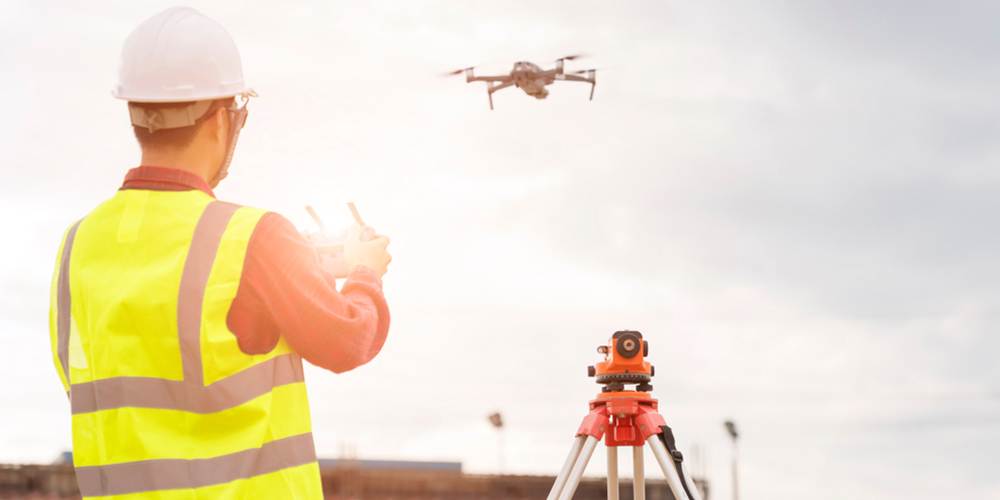
- Ladders And Safety Equipment: Accessing different parts of the roof safely is paramount for roofing inspectors. They rely on sturdy ladders and safety equipment, such as harnesses and fall protection systems, to ensure their own safety while conducting inspections. Safety measures not only protect the inspector but also comply with industry standards and regulations.
What Do They Check?
Roofing inspectors assess various aspects of a commercial roof, including:
| The What | The Why |
|---|---|
| Roof Membrane | Checking for cracks, tears, or punctures |
| Flashing | Ensuring proper installation and sealing |
| Drainage Systems | Verifying that water drains correctly |
| Insulation | Assessing its condition and effectiveness |
Benefits of Hiring a Commercial Roofing Inspector
There are several advantages to hiring a professional commercial roofing inspector:
- Expertise: Inspectors have specialized knowledge and experience in roofing systems.
- Comprehensive Inspections: They conduct thorough examinations, identifying issues that may go unnoticed.
- Accurate Reports: Inspectors provide detailed reports with recommendations, helping owners make informed decisions.
How To Get The Most From Your Inspector
To ensure a successful inspection and accurate assessment, follow these guidelines:
Scheduling In Advance
To ensure you get the most from your inspector, it’s crucial to schedule the inspection well in advance. This not only gives you ample time to prepare but also allows the inspector to allocate sufficient time for a thorough examination of your property. Rushed inspections may lead to oversight of critical issues, so plan ahead and coordinate with your inspector to find a suitable date and time.
Providing Access
One of the key factors in a successful inspection is ensuring that inspectors have safe and unimpeded access to all areas they need to assess. This is particularly important when it comes to inspecting the roof, as it is often a critical component of a property. Make sure that any gates, doors, or entrances to your property are unlocked and accessible to the inspector. If you have pets, it’s a good idea to secure them or keep them away from the inspection areas to avoid any accidents.
Removing Obstacles
Clearing debris and obstructions is another crucial step to facilitate a thorough inspection. Inspectors need a clear view of the property’s condition, and obstacles like overgrown vegetation, cluttered spaces, or stored items can obstruct their view and prevent them from identifying potential issues. Take the time to tidy up and remove any obstacles that could hinder the inspection process.
Gathering Documentation
Before the inspection, gather any relevant documentation that can aid the inspector in their assessment. This includes records such as maintenance history, repair invoices, and prior inspection reports. Providing this information not only helps the inspector gain a better understanding of the property’s maintenance and repair history but can also assist in identifying recurring issues or areas that may require special attention during the inspection.
Conclusion
In conclusion, commercial roofing inspectors serve as the first line of defense in safeguarding commercial properties from roofing issues that could lead to costly damage and disruptions. Their expertise, attention to detail, and utilization of advanced tools make them indispensable assets for property owners. By understanding their responsibilities and following best practices, property owners can ensure that their commercial roofing systems remain in optimal condition, extending their lifespan and saving significant resources in the long run. Hiring a professional commercial roofing inspector is not just an investment in the present but a proactive measure to secure the future of your commercial property.
Frequently Asked Questions
What is the main role of a commercial roofing inspector?
A commercial roofing inspector assesses the condition of a building’s roof, identifying issues like leaks, damage, or wear that could compromise the structure.
How often should commercial roofs be inspected?
It’s recommended to have commercial roofs inspected at least once a year, and more frequently if the building is in a harsh weather area.
What does a commercial roofing inspector look for during an inspection?
Inspectors check for damage, wear, proper drainage, and the integrity of roofing materials. They also ensure compliance with building codes.
Can a roofing inspector determine the lifespan of a commercial roof?
Yes, based on the roof’s condition and material, an inspector can estimate its remaining lifespan and recommend maintenance or replacement.
Are commercial roofing inspectors qualified to make repairs?
While inspectors identify issues, they typically do not make repairs. They may recommend or coordinate with roofing professionals for repair work.
